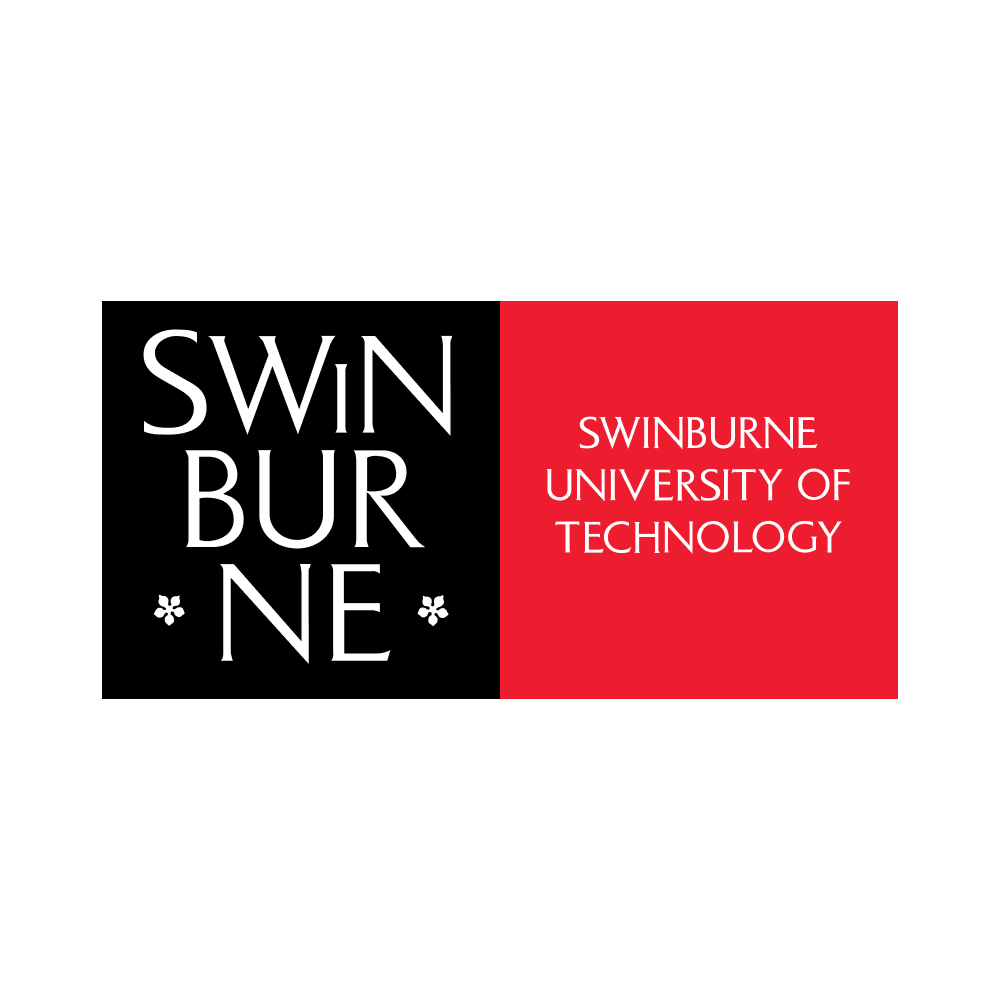Swinburne University of Technology
Master of Professional Accounting (Extended)
- Delivery: Face to Face
- Study Level: Postgraduate
- Duration: 24 months
- Course Type: Master's
Learn to apply advanced conceptual and practical accounting knowledge, while you forge strong industry connections.

Course overview
The Master of Professional Accounting equips you with industry skills and knowledge, preparing you for senior roles where your valuable insights and analysis will be required.
This course provides an avenue for graduates to achieve professional recognition and help fill the shortage of professionally recognised accountants. As many candidates may already be established in a business career, the key vocational outcomes may arise from better current job performance, together with new opportunities opening in the accounting and finance areas.
The Master of Professional Accounting is professionally accredited through CPA Australia and Chartered Accountants Australia and New Zealand (CAANZ). Graduates are therefore eligible to apply for membership of CPA Australia (CPA), Chartered Accountants Australia and New Zealand (CAANZ), the Association of Chartered Certified Accountants (ACCA) and the Institute of Public Accountants (IPA).
The Master's is accredited by the Association to Advance Collegiate Schools of Business (AACSB) International. The alumni of AACSB-accredited business schools are among the world’s most influential leaders, innovators and entrepreneurs impacting business, government and non-profit sectors. Only the top six per cent of business schools worldwide are AACSB accredited.
Key facts
What will you study
To qualify for the award of Master of Professional Accounting (Extended), students must complete 16 units (200 credit points) comprising:
- 10 core units (125 credit points)
- Four units of specialisation (50 credit points)
- Two units of electives (25 credit points)
Complete the following core units:
- Accounting Systems and Reporting
- Company Auditing
- Managerial Accounting
- Taxation Principles and Planning
- Financial Accounting and Theory
- Accounting, Organisations and Society
- Economics
- Business Modelling and Analysis
- Corporate Financial Management
- Corporations and Contract Law
Entry requirements
Applicants are required to have completed one of the following:
- A recognised bachelor's degree in any discipline.
- A Graduate Certificate of Professional Accounting (for students without a recognised bachelor's degree).
English language requirements
All Swinburne students must be able to meet the English language requirements. You’ll be able to provide evidence of your English language skills if you have one of the following:
- Completed the Victorian Certificate of Education (VCE) or another secondary qualification taught in English.
- Completed some types of university or vocational education studies (tertiary studies).
- Completed English language tests, such as TOEFL, IELTS, Pearson or C1.
- Completed an English language (ELICOS) course.
- Lived and worked in an English-speaking country for at least four years (domestic applicants only).
Depending on your chosen course, these requirements vary for prospective undergraduate and postgraduate students.
Recognition of Prior Learning
If you have gained extensive and relevant knowledge through formal training or acquired relevant skills through work or through life experience, you may be eligible for recognition of prior learning (RPL).
Contact the university or visit their website for more information.
Outcomes
Learning outcomes
- Apply coherent and developed knowledge of accounting and business-related concepts in diverse contexts and applications using critical thinking.
- Apply problem-solving, design and decision-making methodologies to identify and provide innovative solutions to complex problems with reference to established frameworks.
- Communicate proficiently in professional practice to a variety of audiences, function as an effective member or leader of a diverse team and use the basic tools and practices of accounting within project work.
- Demonstrate integrity, ethical conduct, accountability, respect and a developing awareness of professional practices and cultural norms in a global and sustainable context.
- Apply accounting and business fundamentals to the analysis, design and operation of a business model using appropriate accounting and business methods and tools.
- Reflect on and take responsibility for their own learning and self-management processes and develop skills to review, reflect on and plan to improve their professional performance.
- Apply knowledge of research principles and methods to plan and execute a piece of research with some independence.
- Engage ethically, professionally and productively in a professional accounting, finance and business context in light of changing global perspectives.
Career outcomes
Students can enhance their career opportunities by gaining additional leadership and management skills – an important asset in today’s complex and changing business environment. The examples below demonstrate the types of roles graduates can attain.
- Tax advisor/agent
- Share broker
- Financial analyst
- Auditor
- Management accountant
- Financial accountant
Fees and FEE-HELP
Estimated yearly fee in 2026: $33,800 (domestic full-fee paying place)
Estimated total fee in 2026: $67,600 (domestic full-fee paying place)
The student tuition fees as published are subject to change based on individual circumstances at the time of enrolment. These fees apply to units studied in 2026 only and may change for units studied in future years. If part-time study is permitted, annual fees will be proportionally lower based on the number of units taken per semester.
Student fees may vary in accordance with:
- The number of units studied per term.
- The choice of major or specialisation.
- Choice of units.
- Credit from previous study or work experience.
- Eligibility for government-funded loans.
You may also need to pay the student services and amenities fee.
Student fees shown are subject to change. Contact the university directly to confirm.
FEE-HELP loans are available to assist eligible full-fee paying domestic students with the cost of a university course.








